In the realm of cybersecurity, Identity Access Management (IAM) plays a critical role in ensuring secure and efficient access to systems and resources within organizations. As organizations increasingly prioritize data security, IAM professionals are in high demand to manage and safeguard identities and access privileges. This blog explores essential Identity Access Management interview questions that cyber security professionals should prepare for to excel in their job interviews.
Introduction to Identity Access Management (IAM)
Identity Access Management (IAM) is a framework of policies and technologies that ensure the appropriate people in an organization have the right access to technology resources. It encompasses processes like identity lifecycle management, access provisioning, authentication, and authorization.
Why IAM Interview Questions Matter
IAM interview questions delve into the technical, operational, and strategic aspects of managing identities and access. They assess a candidate’s understanding of IAM principles, their ability to implement IAM solutions effectively, and their awareness of current cybersecurity trends and challenges.
Basic Identity Access Management Concepts
Understanding fundamental IAM concepts is crucial for any cybersecurity professional. Interviewers often start with basic questions to gauge the candidate’s foundational knowledge:
What is Identity Access Management (IAM)?
IAM refers to the framework of policies and technologies used to ensure secure access to resources. It involves managing digital identities (users, devices, applications) and controlling their access rights.
What are the Core Components of IAM?
Key components include:
- Identity Lifecycle Management: Managing user identities from creation to deletion.
- Access Management: Controlling user access based on roles and permissions.
- Authentication: Verifying user identities.
- Authorization: Granting appropriate access rights.
What are the Benefits of Implementing IAM?
Benefits include enhanced security, improved regulatory compliance, streamlined access management processes, and reduced operational costs.
Technical IAM Interview Questions
IAM professionals are expected to have hands-on technical expertise. Technical questions assess proficiency in IAM tools, protocols, and implementation strategies:
Can You Explain Single Sign-On (SSO)?
SSO allows users to authenticate once and gain access to multiple systems without re-entering credentials. Discuss protocols like SAML, OAuth, and OpenID Connect commonly used in SSO implementations.
How Would You Implement Role-Based Access Control (RBAC)?
RBAC assigns permissions to users based on their roles within an organization. Describe how you would design and implement RBAC policies to ensure the least privileged access.
What IAM Solutions Have You Implemented in Previous Roles?
Provide examples of IAM solutions you’ve implemented, detailing the technologies used, challenges faced, and outcomes achieved. Highlight any integration with existing systems.
Operational IAM Interview Questions
IAM professionals need to manage IAM processes efficiently. Operational questions assess the candidate’s ability to handle day-to-day IAM tasks and respond to operational challenges:
How Do You Handle Identity Lifecycle Management?
Discuss your approach to managing user identities throughout their lifecycle, including onboarding, changes in roles, and offboarding procedures to ensure security and compliance.
How Would You Address IAM Security Vulnerabilities?
Describe how you would identify and mitigate IAM security vulnerabilities, such as credential theft, insider threats, or unauthorized access attempts.
How Do You Ensure IAM Compliance with Regulatory Standards?
Explain your experience in aligning IAM practices with regulatory requirements such as GDPR, HIPAA, or PCI-DSS. Discuss the importance of audit trails and compliance reporting.
Strategic IAM Interview Questions
Strategic IAM questions assess the candidate’s ability to align IAM strategies with business objectives and adapt to evolving cybersecurity landscapes:
How Would You Implement IAM for a Cloud-First Strategy?
Discuss considerations for implementing IAM in cloud environments, addressing scalability, data sovereignty, and integration with cloud services.
How Do You Stay Updated with IAM Trends and Technologies?
Describe your methods for staying informed about emerging IAM technologies, industry best practices, and cybersecurity threats. Mention any professional certifications or memberships in IAM-related organizations.
Can You Outline an IAM Roadmap for an Organization?
Provide a high-level overview of how you would develop and implement an IAM roadmap aligned with an organization’s business goals, including stakeholder engagement and risk management.
Conclusion
Preparing for IAM interviews requires a solid understanding of IAM concepts, technical skills, operational challenges, and strategic alignment with organizational goals. By mastering these IAM interview questions, cybersecurity professionals can demonstrate their readiness to contribute effectively to safeguarding digital identities and access privileges within organizations.
In conclusion, IAM interview questions cover a wide range of topics crucial for cybersecurity professionals aiming to excel in their roles. By preparing thoroughly and understanding the foundational concepts, technical implementations, operational challenges, and strategic considerations of IAM, candidates can confidently navigate their IAM interviews and contribute effectively to enhancing organizational security posture.




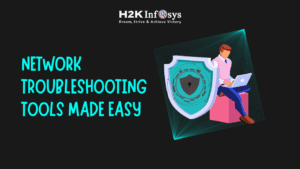
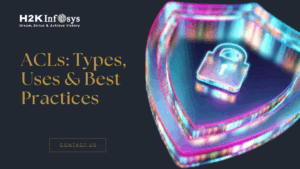

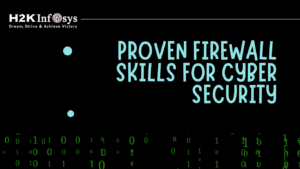









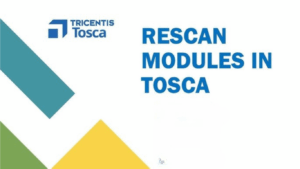




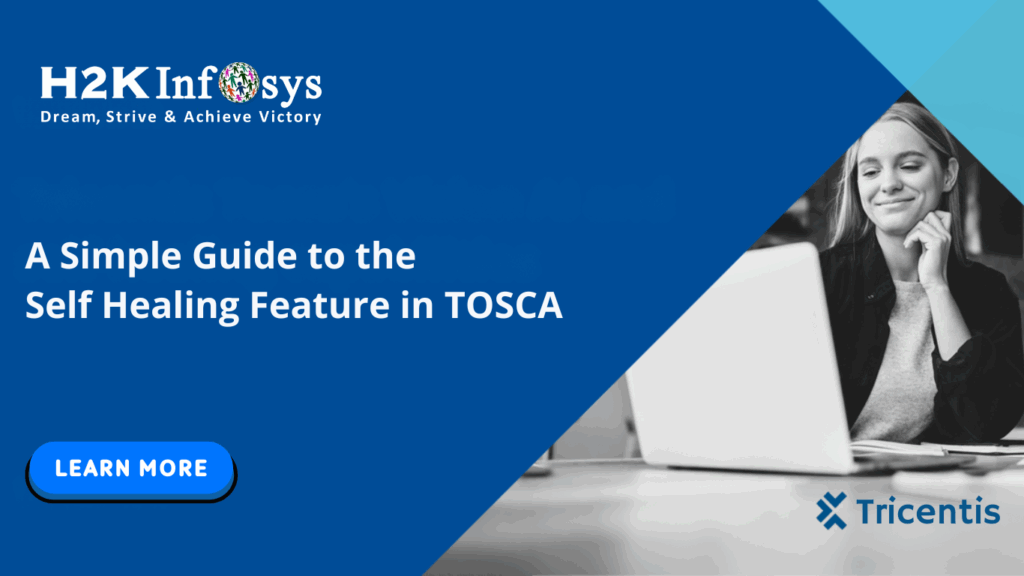
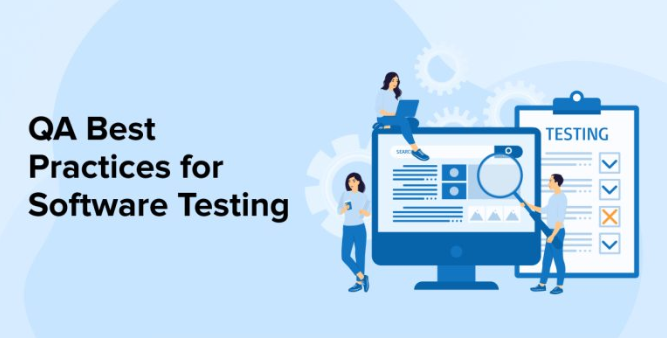











3 Responses